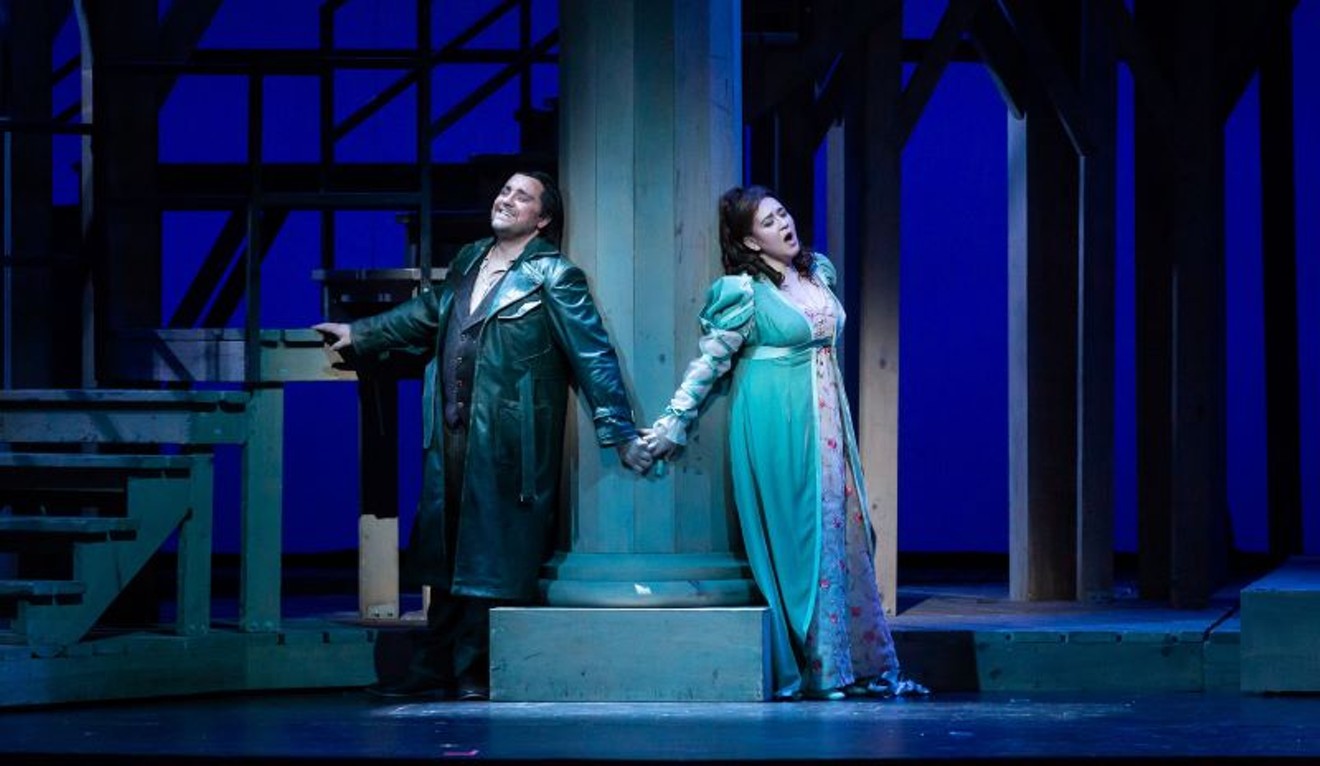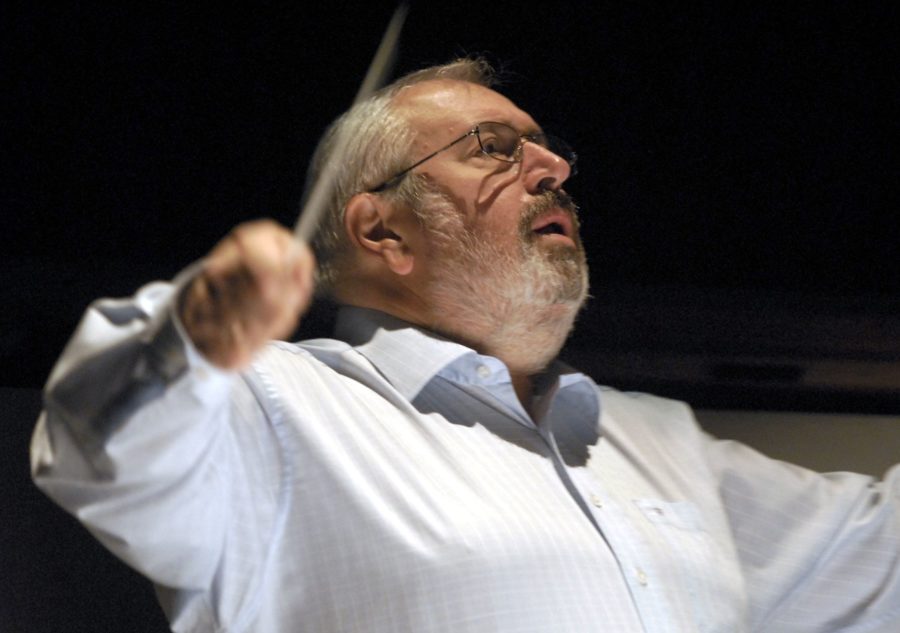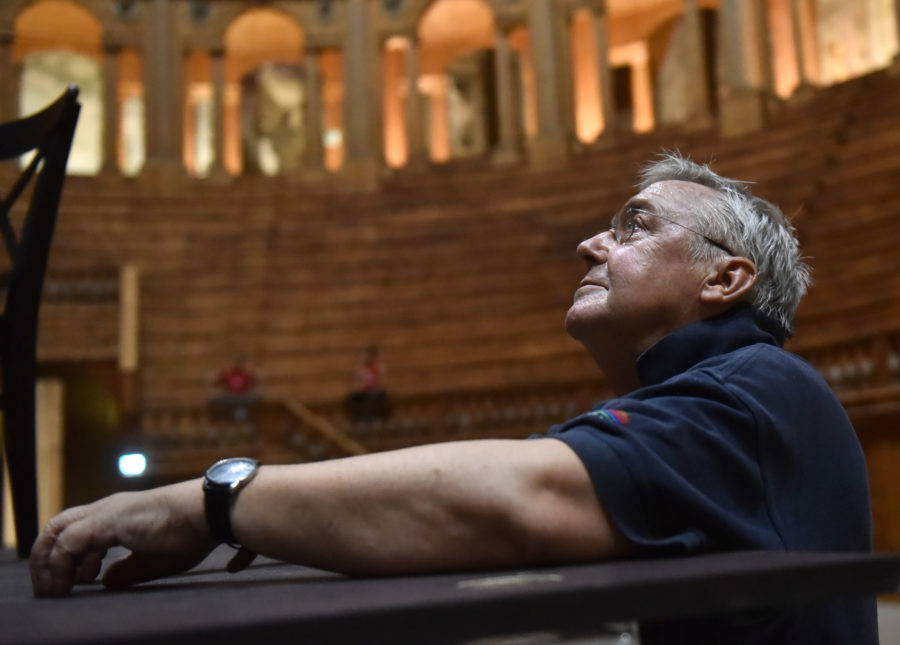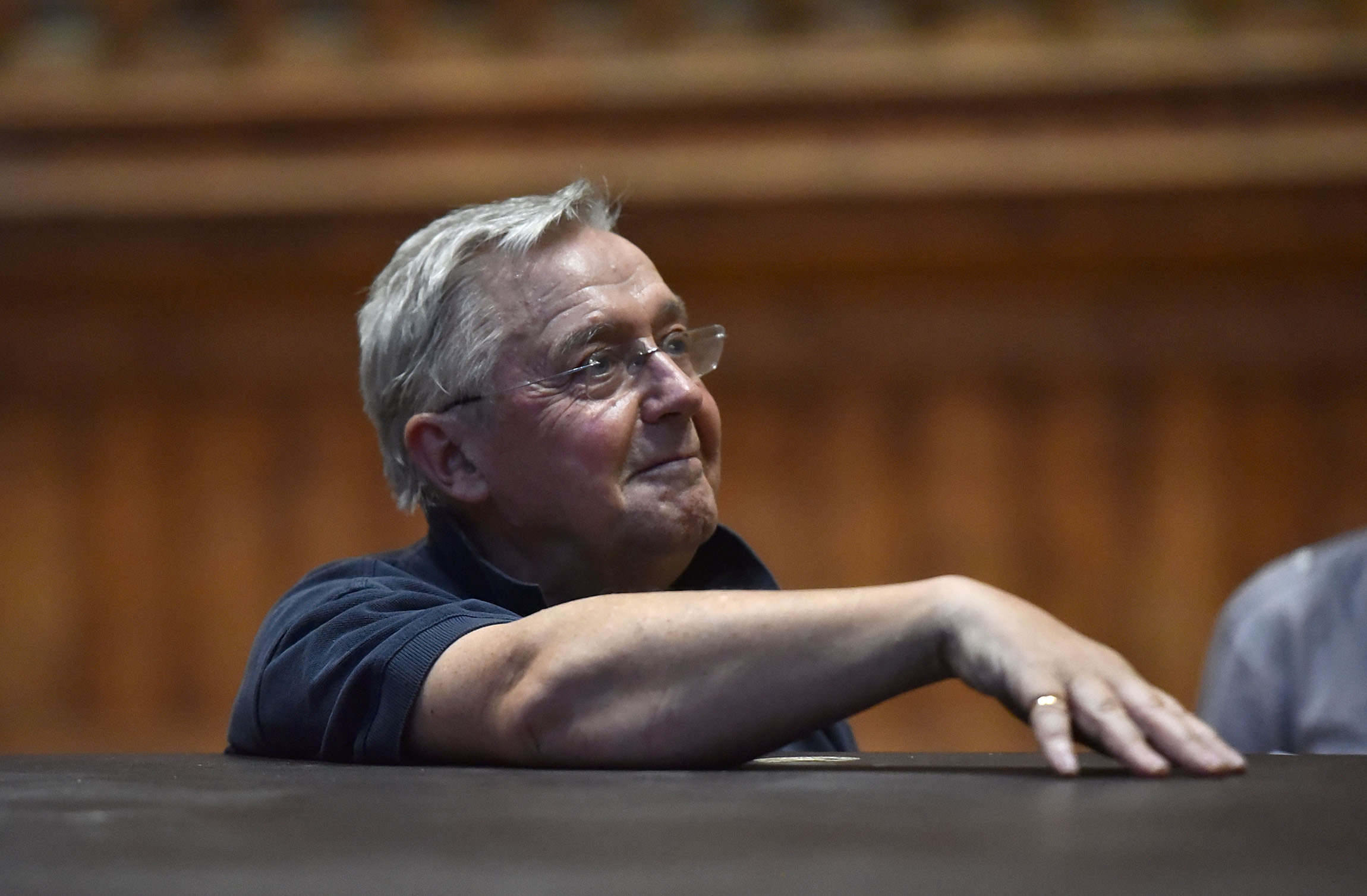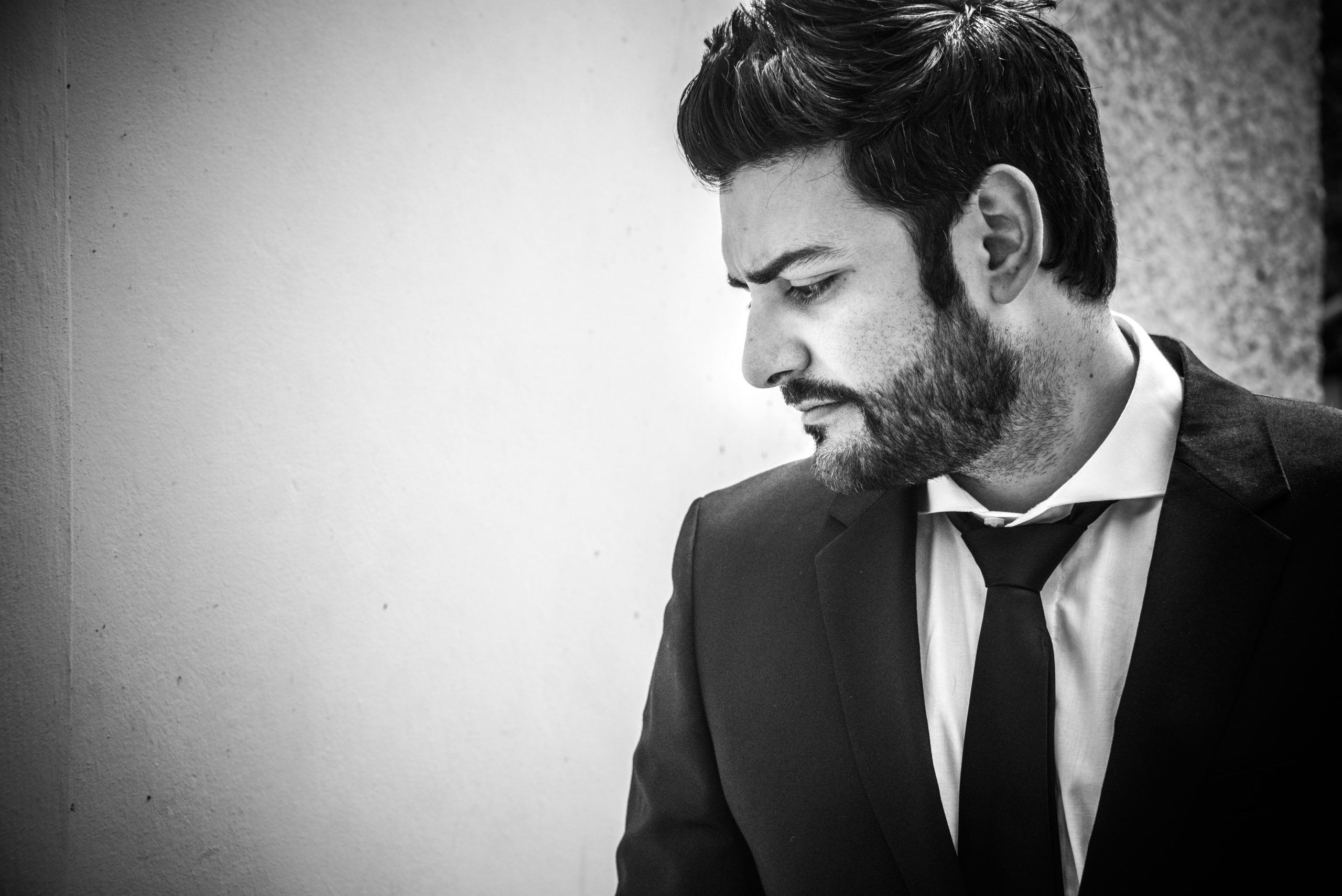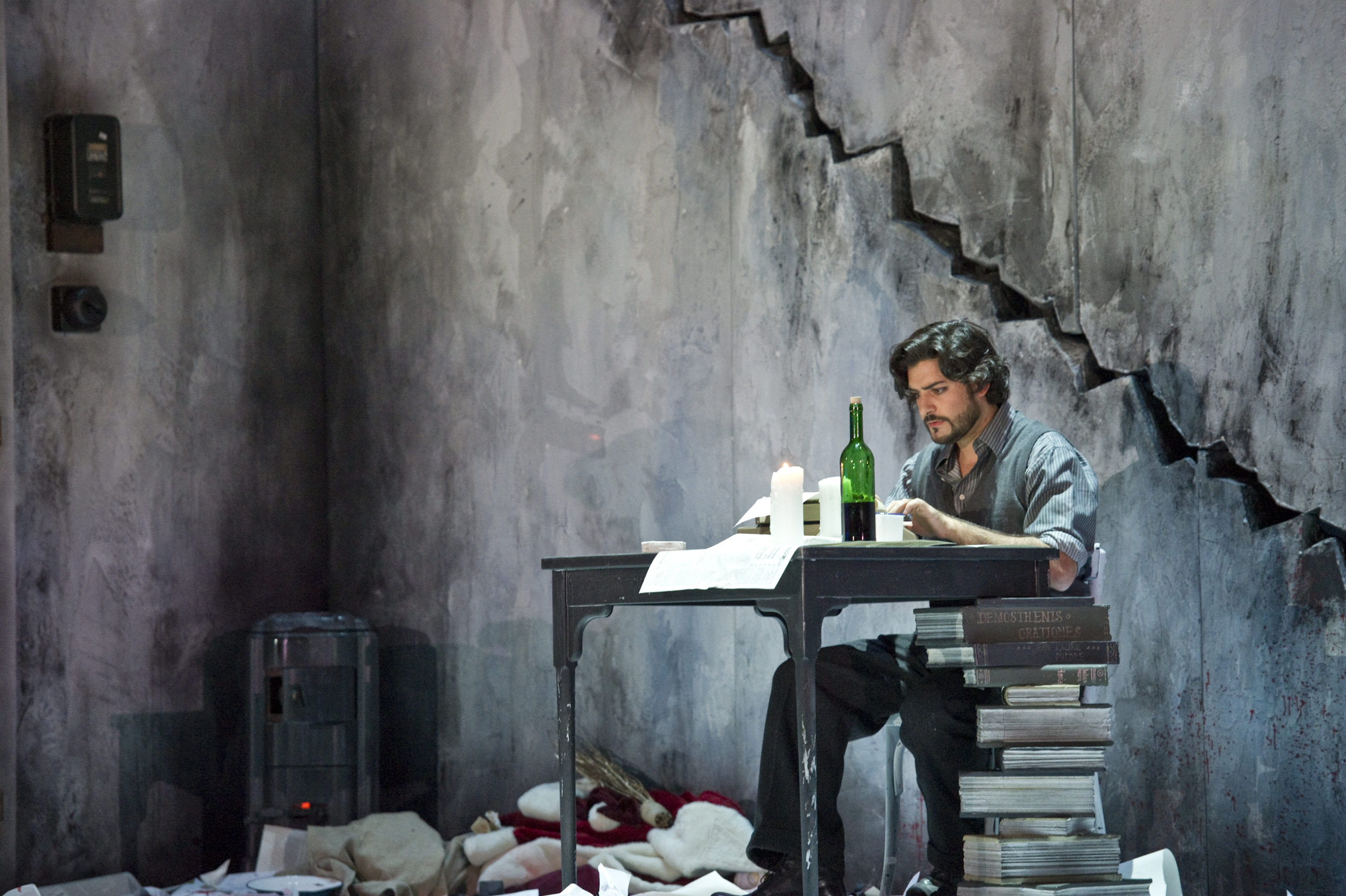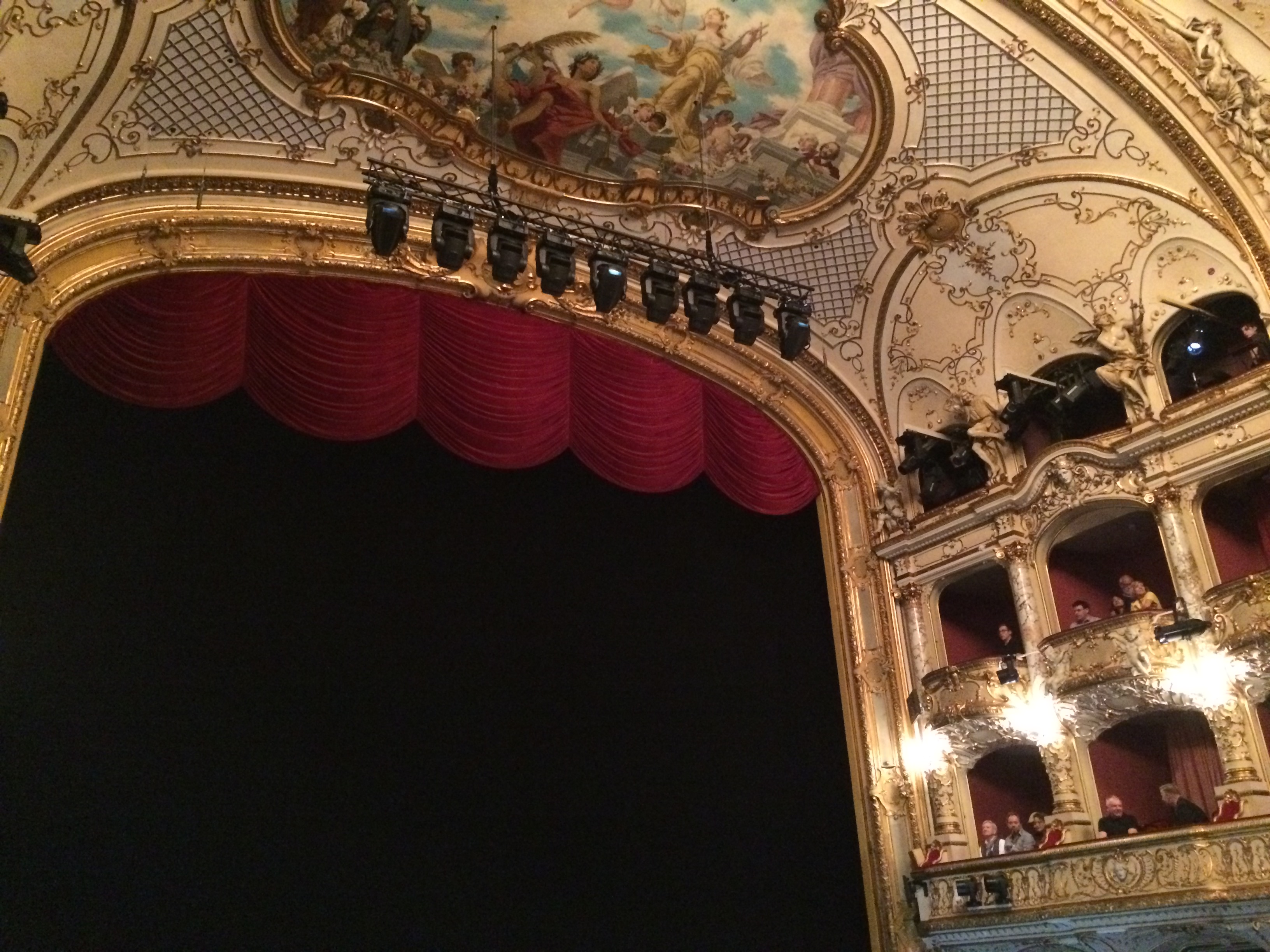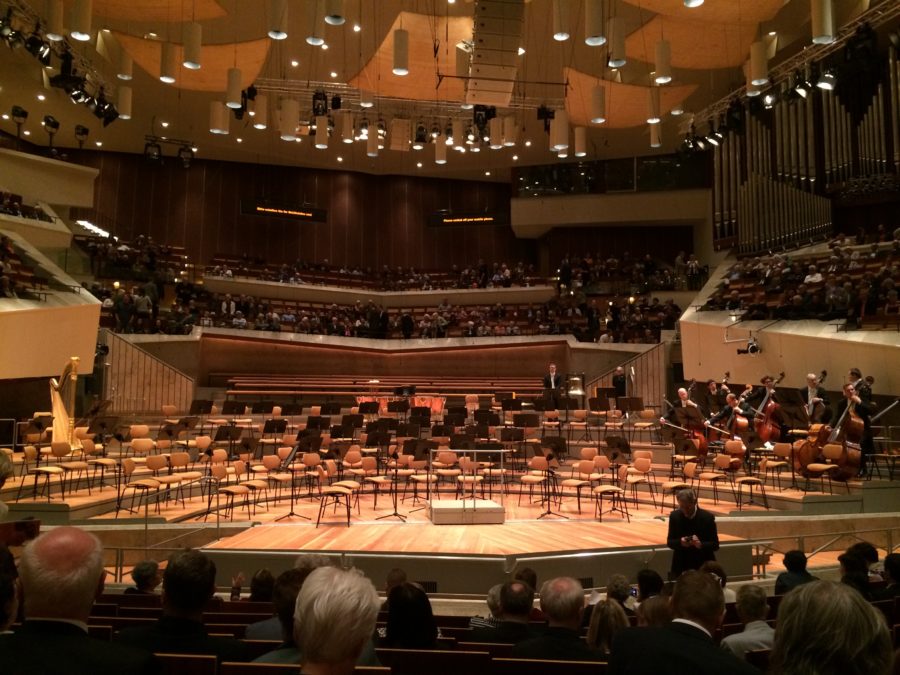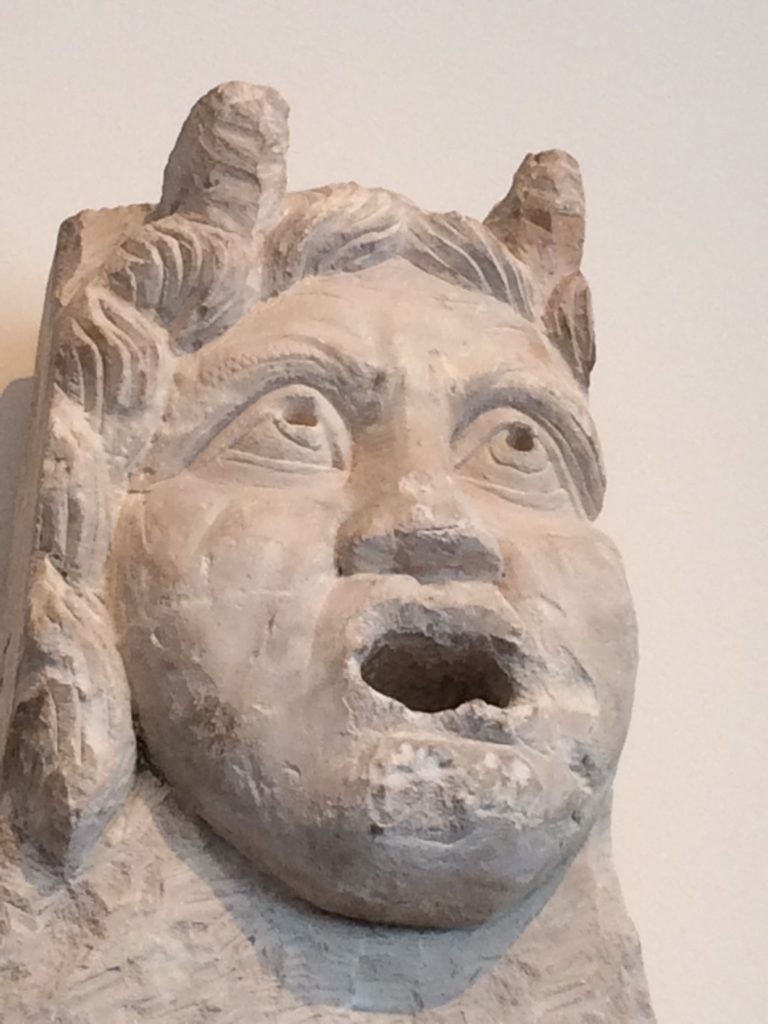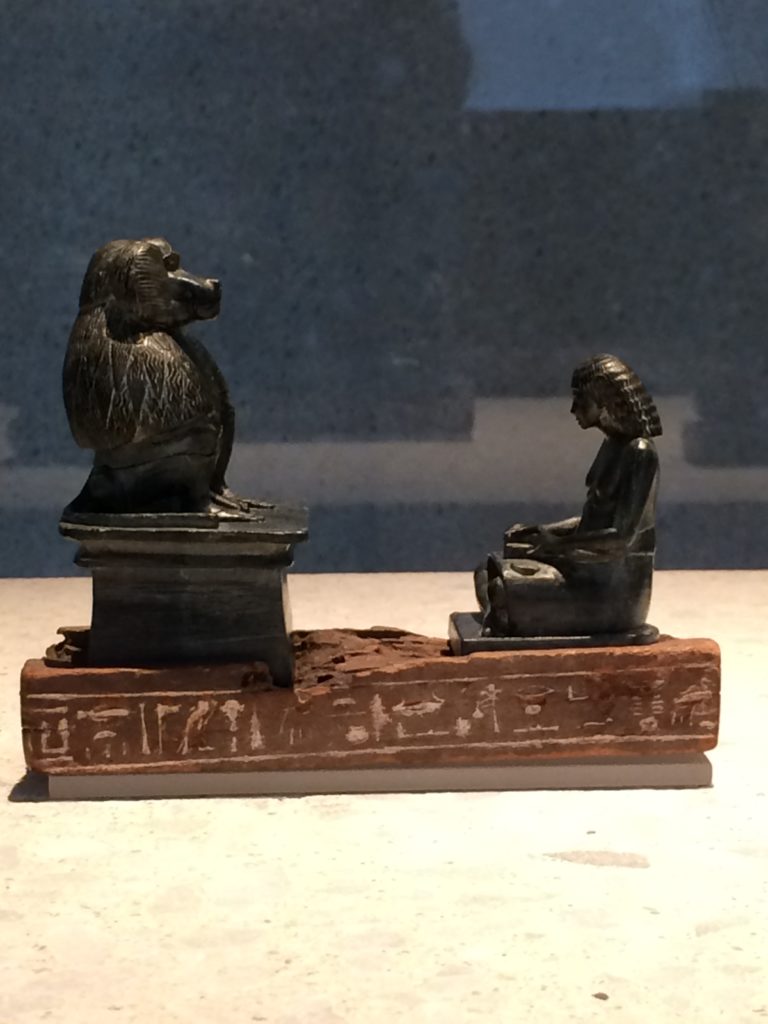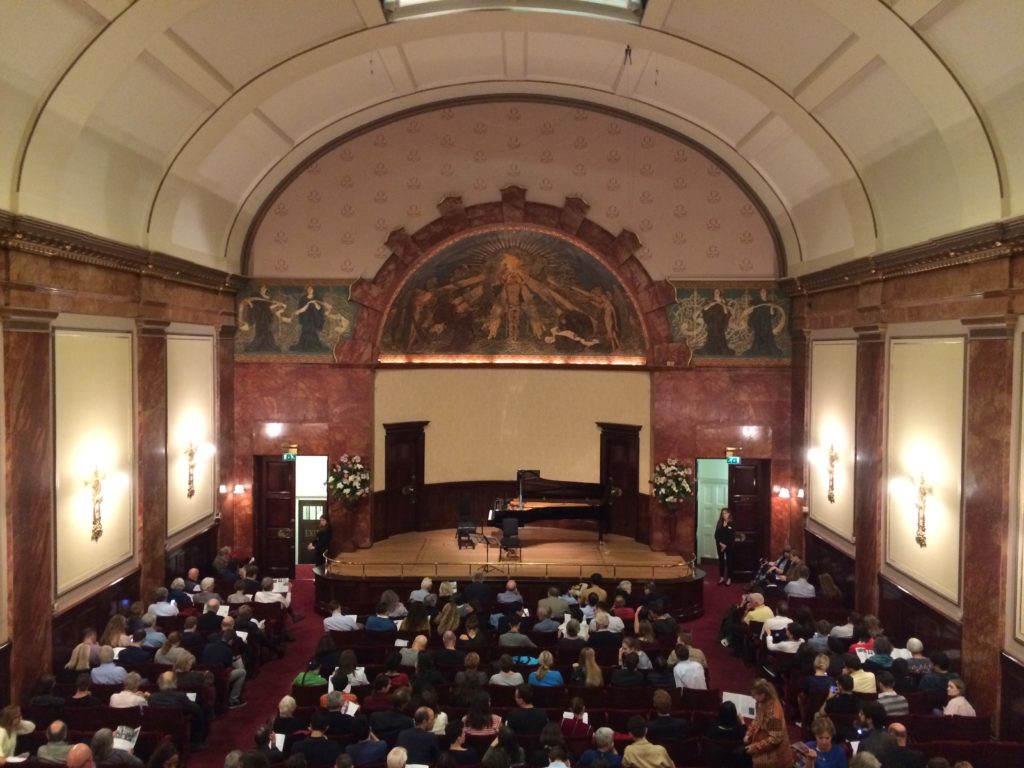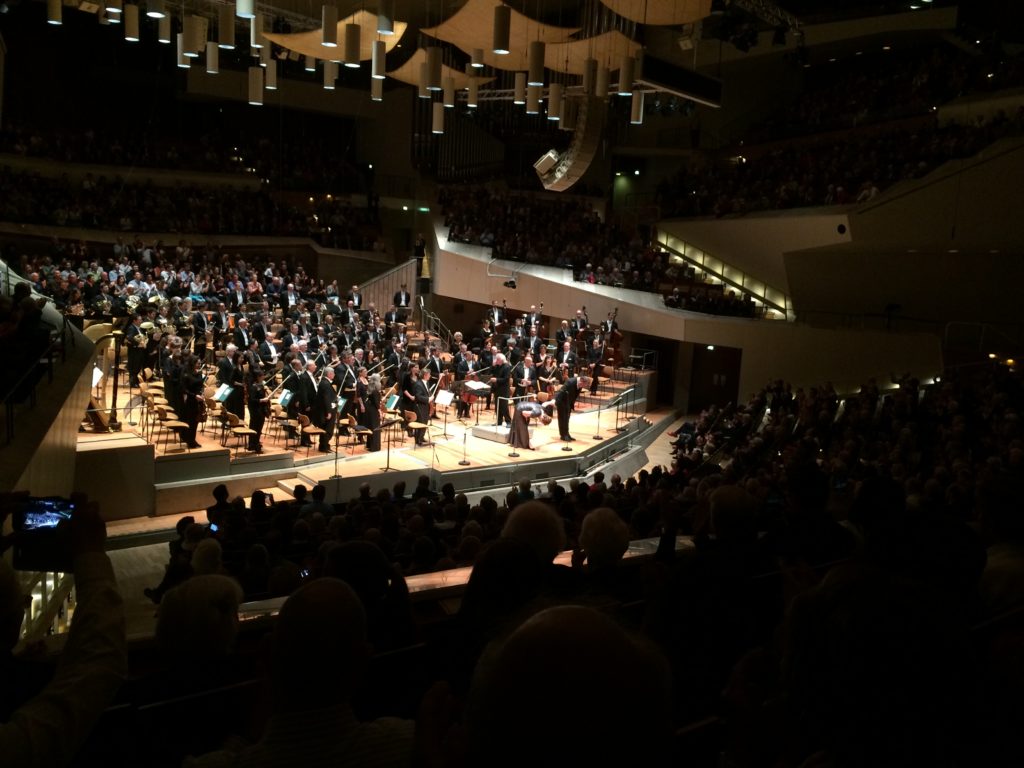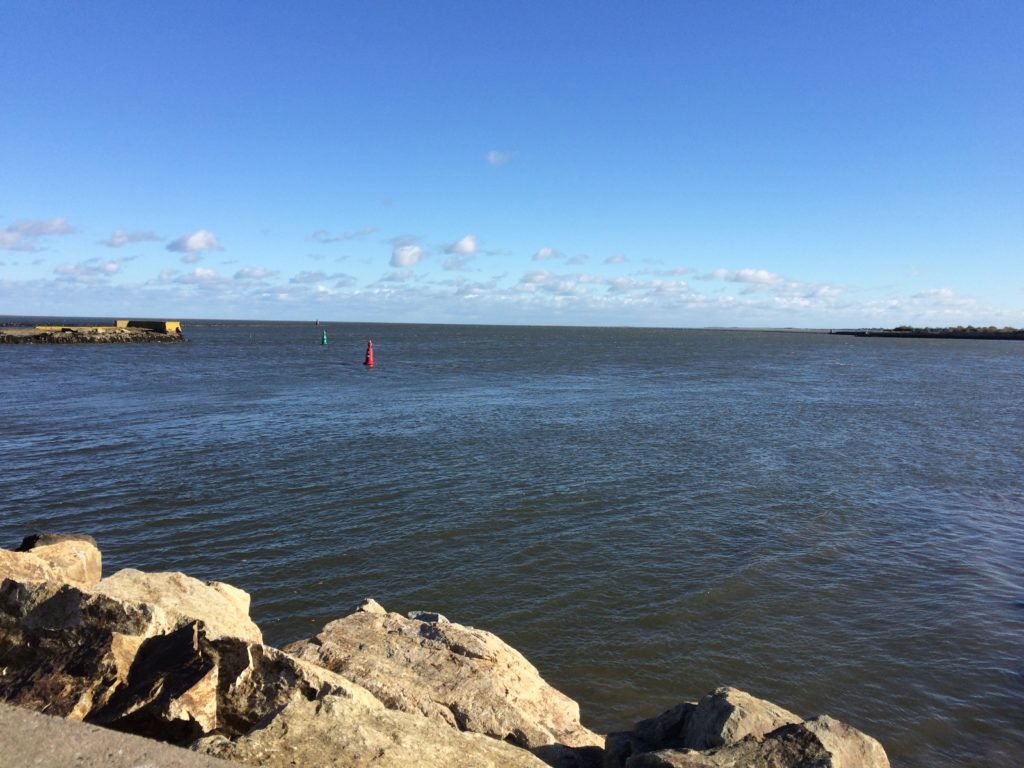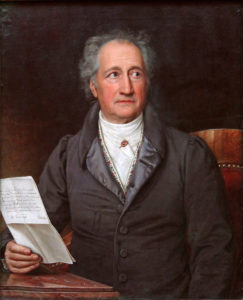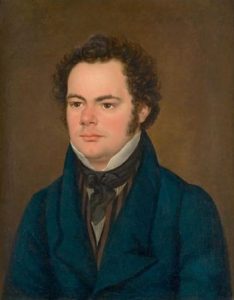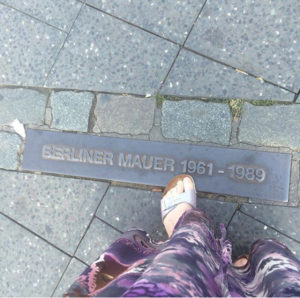To be called “the leading Verdi baritone on the global stage for the best part of a decade” (by Gramophone Magazine’s Hugo Shirley) is one thing; to be an earthy, energetic conversationalist is quite another. Ludovic Tézier manages both, and then some. To state he is a committed Verdi singer is putting things mildly. Currently performing at Paris’s Opéra Bastille in the title role of Simon Boccanegra, the French baritone has sung a who’s who of roles by the Italian master; Rigoletto, Macbeth, Posa (Don Carlo), Ford (Falstaff), Don Carlo di Varga (La forza del destino), Renato (Un ballo in maschera) , and Giorgio Germont (La traviata) are all part of his regular repertoire. Tézier’s 2021 solo album of Verdi arias, recorded with Orchestra del Teatro Comunale di Bologna and conductor Frédéric Chaslin and released by Sony Classical, won a Gramophone Award for Best Voice & Ensemble Recording. Gramophone’s Shirley called it “surely the finest Verdi recital – from any voice type – to have appeared for several years, if not a decade.”
As well as being a regular at Opéra National de Paris, Tézier has appeared on the stages of Teatro Alla Scala, Wiener Staatsoper, Bayerische Staatsoper, Semperoper Dresden, Deutsche Oper Berlin, Opernhaus Zürich, Teatro Real (Madrid), Liceu Barcelona, Royal Opera Opera Covent Garden, and The Metropolitan Opera (New York), to name a few. He has also performed at a variety of festivals including those in Verona, Savonlinna, Aix-en-Provence, the Chorégies d’Orange, Glyndebourne, and Baden-Baden as well as both the Easter and summer festivals in Salzburg. He has sung the titles roles in in Hamlet, Eugene Onegin and Don Giovanni, as well as Yeletsky (Pique Dame), Count Almaviva (Le nozze di Figaro), Athanaël (Thaïs), and Wagner roles Amfortas (Parsifal) and Wolfram von Eschenbach (Tannhäuser), and given both recitals and masterclasses. Later this year he’ll be a soloist in a performance of Brahms’s Ein deutsches Requiem alongside soprano Pretty Yende in a concert featuring the Strasbourg Philharmonic Orchestra and conductor Aziz Shokhakimov as part of the annual Festival de Saint-Denis. In May he will perform another signature role, Baron Scarpia in Puccini’s Tosca, in a new production by Kornél Mundruczó at Bayerische Staatsoper.
Set to join him for part of that run is tenor Jonas Kaufmann (as Mario Cavaradossi), a colleague with whom Tézier shares a warm and lively association, live onstage and through a number of recordings. Their 2022 Sony Classical album Insieme: Opera Duets, with Orchestra dell’Accademia Nazionale di Santa Cecilia under conductor Antonio Pappano, features the music of Puccini, Ponchielli, and Verdi, and garnered widespread praise, with The Financial Times‘ Richard Fairman calling it “a recital of distinction.” The pair will be performing selections from the album this October in Naples in a concert with Orchestra of Teatro di San Carlo and conductor Jochen Rieder.
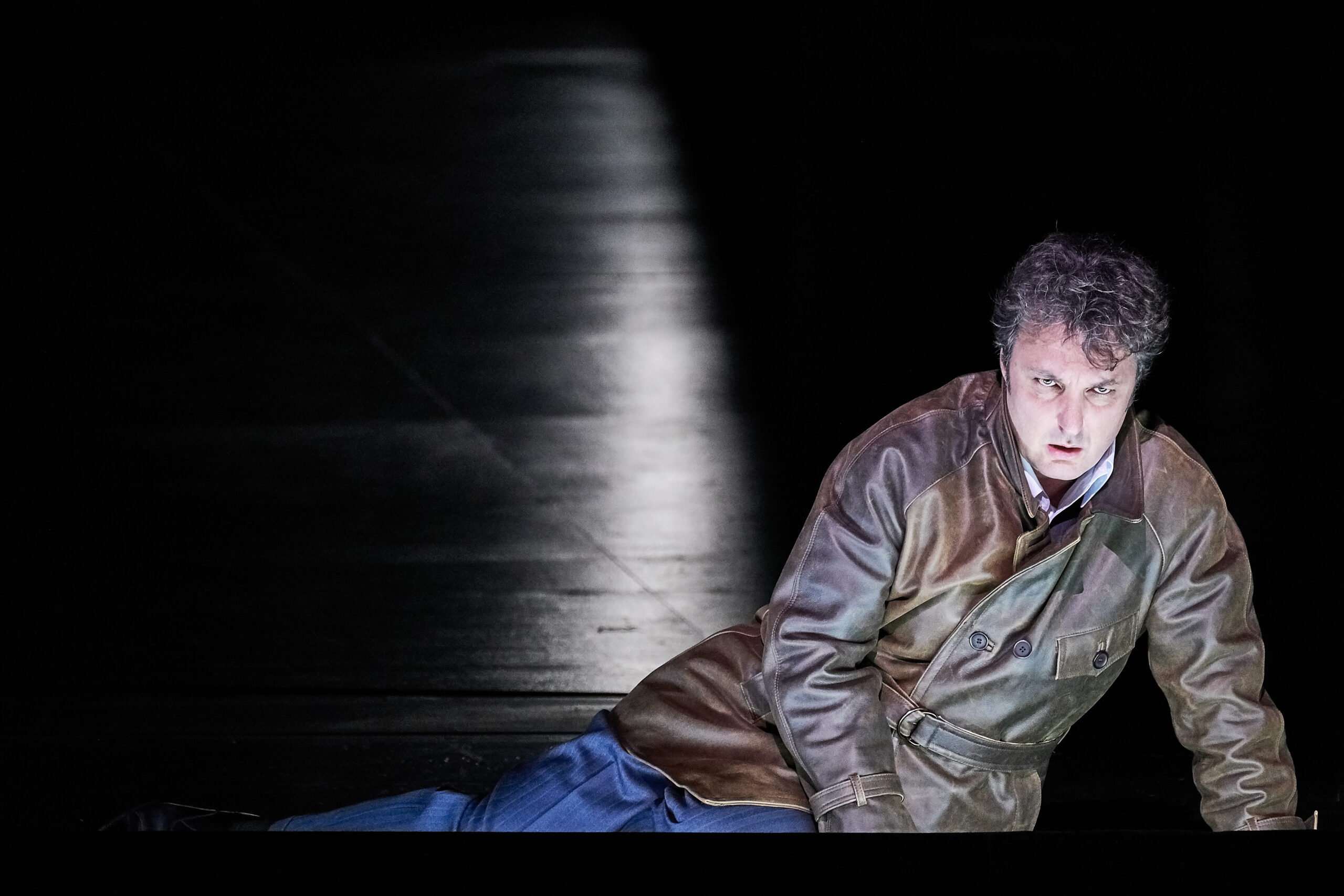
Ludovic Tézier as Simon Boccanegra at Opéra Bastille, 2018. Photo: Agathe Poupeney / Opéra national de Paris
More immediate is Simon Boccanegra at Opéra Bastille. Its heavy three acts (plus prologue) explore the vagaries of political intrigue, romantic jealousy, and ultimately, forgiveness in friendships and families alike. Calixto Bieito’s production, premiered in late 2018 and currently enjoying a revival, uses sharply contrasting textures and equally striking video projections to convey the tormented psychology of its titular hero. Tézier is simultaneously authoritative and sensitive, making smart use of small gestures and facial expressions to offer a complex portrayal of a damaged man navigating painful inner and outer realities. The character’s reunion with his long-lost daughter Maria (Nicole Car) is especially moving, with the baritone wide-eyed if awkward, his Simon clearly yearning to embrace but utterly incapacitated. A physicality that might be used for care is made into more of a cave, yawning, empty, alone. Vocally he is broad one moment, intimate the next; colourful and textured, with just the right amount of shading, thickly applied or gossamer-delicate; flexible but not showy; legato but not engulfing; emotion expressed not via volume but through careful, considered control. Tézier possesses an artistry of the very highest calibre –immediate, human, utterly unforgettable.
Our exchange one recent rainy afternoon in Paris was conducted amidst intermittent announcements on the loudspeakers laced throughout Opéra Bastille’s labyrinthine backstage area. Tézier offered equal parts attentiveness, intelligence, passion, and sensitivity, a mirror of the qualities he brings to his performances, whether live or recorded. We began by discussing one of his most memorable roles, as the seemingly-villainous brother in Donizetti’s Lucia di Lammermoor, a role he has been rightly praised for and remains burned into the memory of those who experienced his performance at The Met in 2011.
How do you see a character like Donizetti’s Enrico – is he a villain to you, or something more?
He isn’t really a villain – he feels like he’s doing his duty, keeping things around the family and its preservation. He wants to save his family – if you think about (Verdi’s) Germont it’s the same thing: he’s on duty; he’s protecting his son; he has to do a job to preserve his family and name.
You commented in an interview about Germont and Rigoletto and how singing them relates to age, experience and wisdom, which brought to mind the industry casting younger and younger.
I think of age as fruit. You have to pick it at a certain age, and not take the fruit that’s still green – you have to wait to pick those pieces. When you do a character too early you might have the voice to do it, but will you … give it the way you could give it ten years later? Plus knowing there are plenty of different parts, why do the biggest, deepest, most complex parts from the early beginning? Just because you sound more or less as you should sound for it? Opera is much more about telling the story in a certain way. Of course it’s about singing too. But if you’re not able to be the character and actually be believed within that character you’re better to do another one – there are plenty to choose.
Most of the characters you should begin with are lightweight, they are young and corresponding to what you are going through when you’re 28-30. In my case being a father made me really understand these Verdi roles. To make an image of fatherhood is one thing, but being one is different, I can tell you. I’d rather be number one in Mozart than number ten in Verdi. Doing those other roles helps you to be good at singing Verdi. Every colour you pick up in Mozart and Donizetti you will use later in Verdi – and in dramatic singing. It’s not just decibels, it’s about preserving your instrument, developing those colours and accents you may expect for Verdi, and having the freshness to give the good high notes and beautiful legato. That’s, in a nutshell, where you put a life story. And you can’t fake it; it isn’t rewarding for you in any way. You can’t give what you should be giving within the part.
You mentioned in a past interview that you’d love to do more Mozart, which reminded me of something Luca Pisaroni said years ago, that Mozart is a massage for the voice…
He is one of my rare brothers in the job. Luca is one of the best artists onstage I’ve ever met – there are only a few that still impress me, and he is one of them, because he is living the music, living the opera. He’s giving the music 100%. Some of the times Luca and I have worked together – not enough for my taste – we’ve done Don Giovanni and Leporello, and it is fresh like a new flower every time, growing all along and renewed every night – because we are growing together. You never know what may come right after you deliver your line, but you can be sure it is true, it isn’t a xerox at every performance…
It shouldn’t be a xerox!
No! That’s not opera! We are building on the stage a beautiful picture, like paintings, except we are life. We are not in the Louvre or the Met Museum – I love them both, by the way – but the paintings we create are moving so they are not the same, not the same at all every performance…
… and the light will change on those ‘paintings’ so the picture will change…
Yes, and that’s the beauty of it.
So which Mozart roles do you want to do now?
Every role!
I really want to see your Almaviva live.
Ah yes! I’ve done it – that a role needs either a young baritone, and I’ve done it at that time in my life, or a man of my age now, because after 40 men are kind of set in their habits…
There’s also the aspect of authority, and people questioning it…
That’s right.
… which really points up the subversive nature of the Beaumarchais play.
Precisely.
But the Verdi roles, like Simon Boccanegra?
I love this role so, so much. Oh my goodness, I can’t even tell you how much.
How has it changed for you, since you’ve done it a lot now?
Once you begin a part like I did here, in the same production six years ago already, the part is like every part, it is growing into your brain and your soul in a private way – it is there, developing. When you put the score on the table again to really examine it, it is different because you are different, because the part has developed independently and of course the voice has changed in six years. I have to find another way to express what’s in the part now. I don’t know quite what the connection is between the voice, the development of the voice, and the part itself – I am not sure what nourishes what. It might be the part that asks you for more colour or the voice that has more possibility. Somehow it’s all a dialogue.
So you internalize the part in your body, and it returns, like muscle memory?
Yes, that’s true.
… but it changes at the same time?
Yes, because the body is changing. It’s like you remember and think back, “How did I do that mountain-climb when I was young?” The body remembers that you completed that activity. Sometimes you have to jump into a part you’ve not done for years – and voila, you know it, and the body knows it like an instinctual animal knows how to handle a dangerous situation, which is amazing. When you have more time to learn it, then you can take what your body remembers and try to make it in another way, into something finer, polished, deep.
Something you can translate into the outer world?
Yes, but to control the effect that you have on the public … that is so independent of everything. You try to give your best; sometimes it works, sometimes not. Sometimes it was great, sometimes not. You try to not do the same thing twice but to put yourself in the same state of mind, and it may not work… c’est la vie. Of course we are working with great passion on our voice but remember to be able to sing these beautiful parts is a present. So somehow we have to give it back to somebody and to the public for sure. It’s sort of a duty, because all truly great singers want to be able to get into this intimacy with composers like Verdi and Wagner. It is good to try to make people… sense what the composer wanted to tell or express, and when it works, it’s one of the greatest moments.
How much of this translates into your masterclasses? Conveying all of this to students must be a challenge.
Oh definitely. It’s a case of, if you want to express what I’m aiming at and what I wish you to aim for, then the basis is to have a very good technique and flexibility. You have to build that technique and have that ground on which you can find the emotion and voice. If you don’t have this sort of grounding… I don’t want to be in a room where I see people sweating to be loud. It’s why we have to build a very solid foundation, to be able to give the impression that we are actually doing what we do, easily. That makes the public much more comfortable and open-minded – open-souled, if I can say that. They can receive what you have to give. And never forget what we are doing makes a direct connection with the old form of Greek theatre. I think we should always aim for that kind of authenticity, and not forget it, and not be a narcissist thinking, ‘Am I good-sounding?’ Sure, it’s a good voice, but the expression isn’t there.
I remember once an artist was singing one night when I was in a hotel. This old guy was so skillful, he was giving the text and theatrics, but that was it. It was a nice voice, but … especially with Verdi, when you sing it nicely, it’s not nice. It must be beautiful, it must be deep – and the beauty is not always defined as vocal perfection. The beauty of a “perfect” face is not nice! Listen to “My Way” with Sinatra and another singer and you will know the difference. Sinatra has a beautiful voice but most of all he’s a great singer, a complete singer – the greatest tenor for me. You understand every word, on every level. Then you hear people just singing the words, not the music. They know the melody, but what makes it an international standard? Not the nice melody. Some may sing the nice melodies and say, “okay, it’s enough” – no. ‘Okay’ is not enough.
It seems like this is a big part of what informs your work with Jonas Kaufmann.
Very much so. When Jonas is entering the stage, he isn’t entering because it is written or because the director has called him on; he’s entering because he has something to do as an artist. That makes a hell of a difference. He isn’t only a singer; he’s an everything.
… which encapsulates what opera is about: voice, theatre, visuals.
That’s why we love it. I never could choose between the visual, the sound, the theatre.
Alexander Neef once remarked to me that he thinks opera is the most complete art form because of its integrating these elements.
I can’t really say, it might be quite arrogant of me, but… maybe?
Do you think there’s a dwindling audience for this kind of artistic understanding?
I think there are still sensing it, and people who want this, and that’s what we need. I don’t ask people to understand why one emotion is there; I want them to listen, to feel, to say, “Wow, this is special to me.” And that’s it. Our job is to understand, to find the keys, but the public? I don’t ask them to understand – on the contrary. They don’t need to know all the tricks; knowing every single thing can kill the magic. Just listen; feel the emotion. It’s the best way to spend three hours.

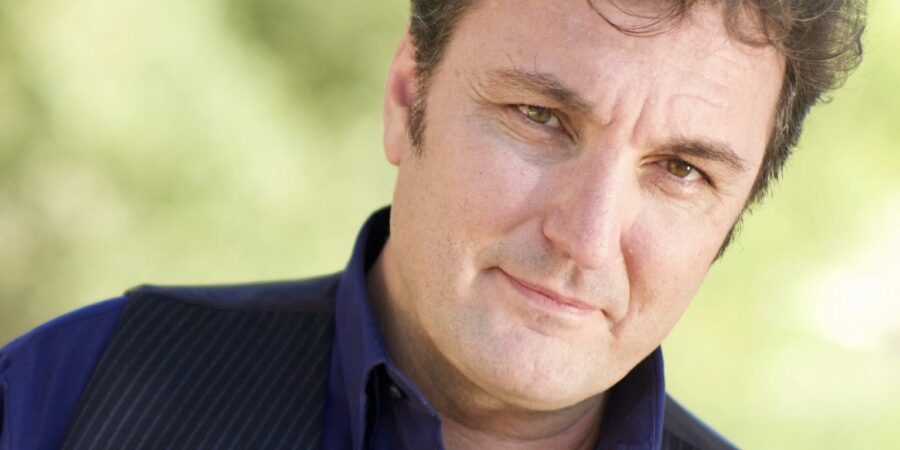
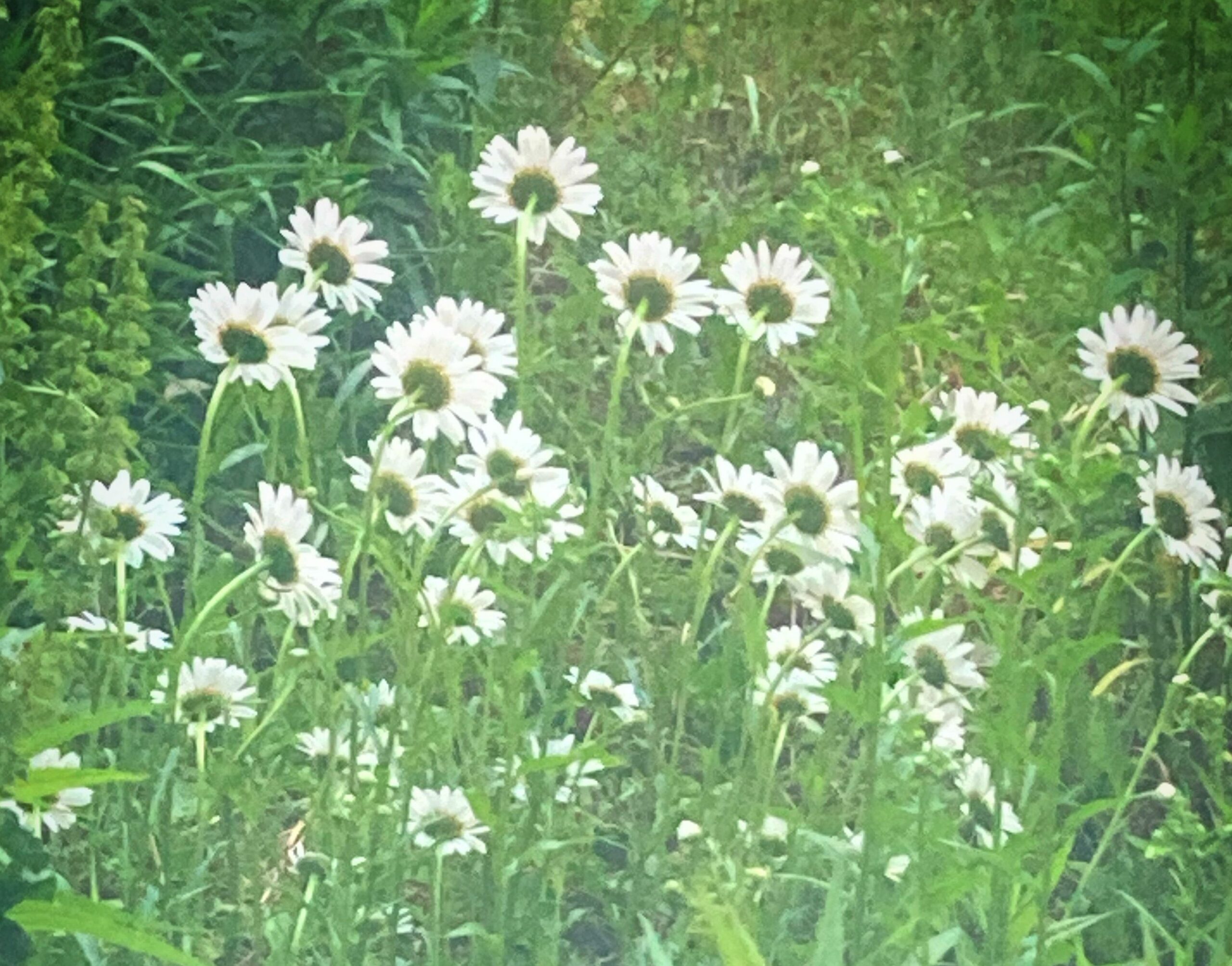
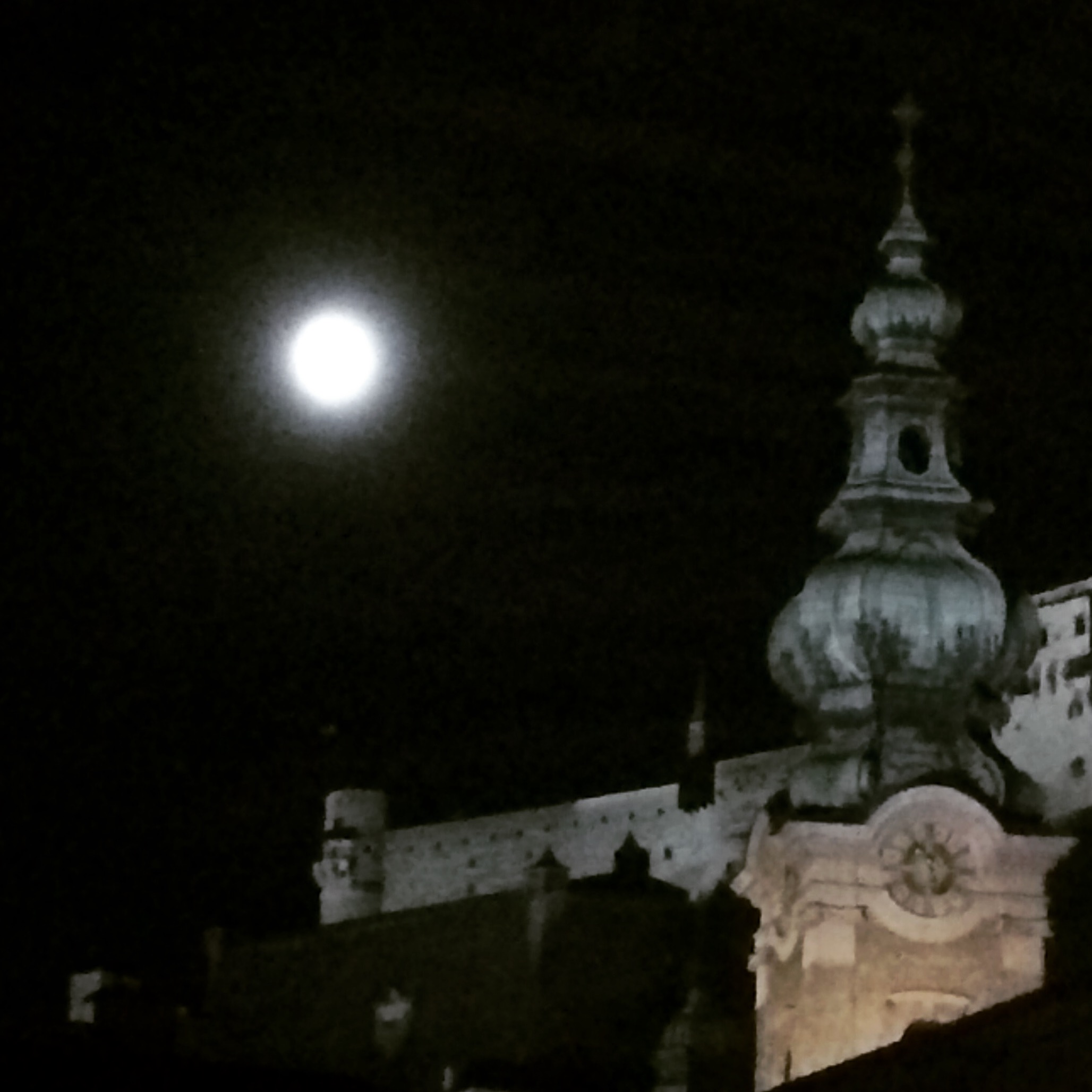
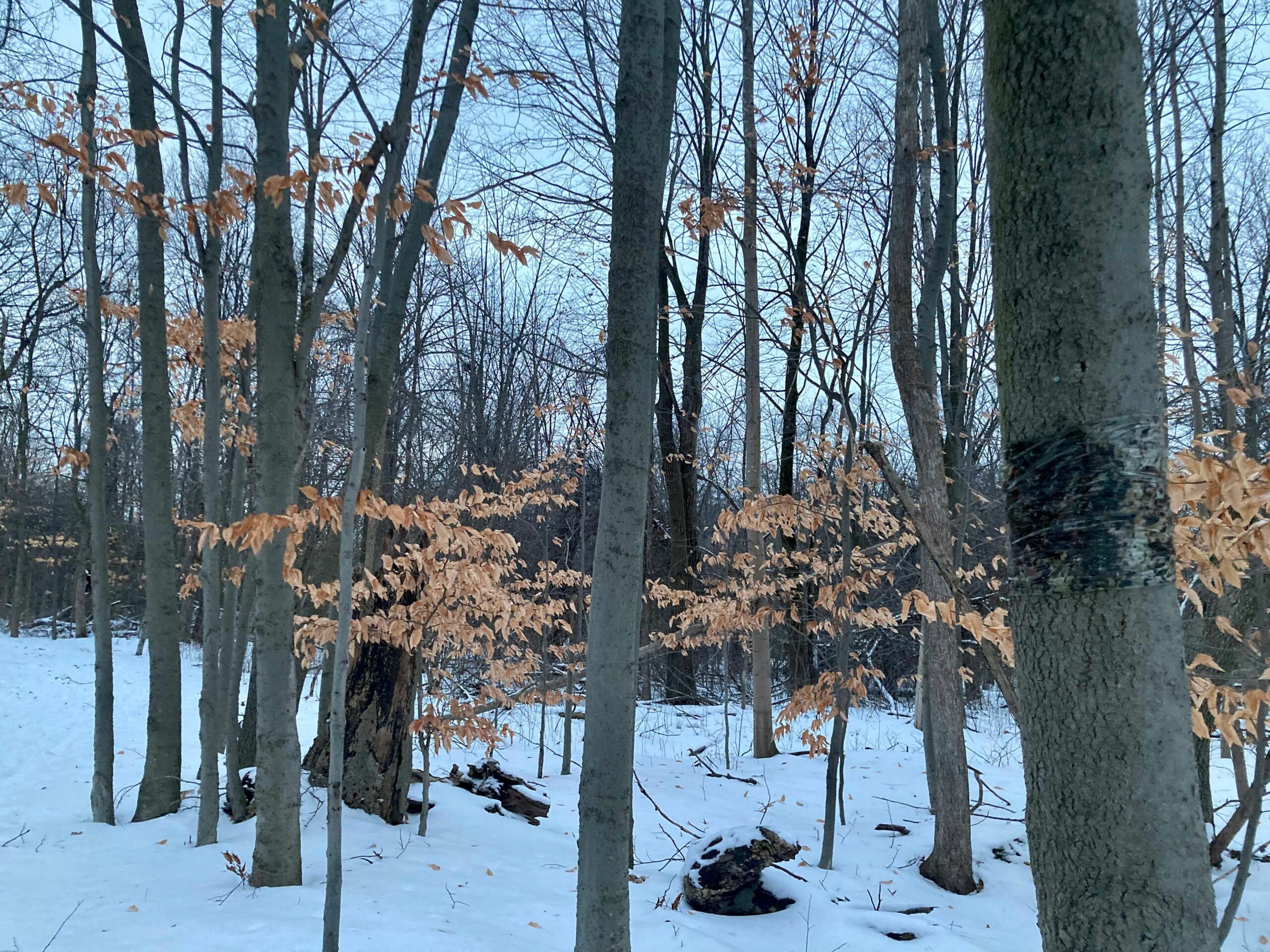
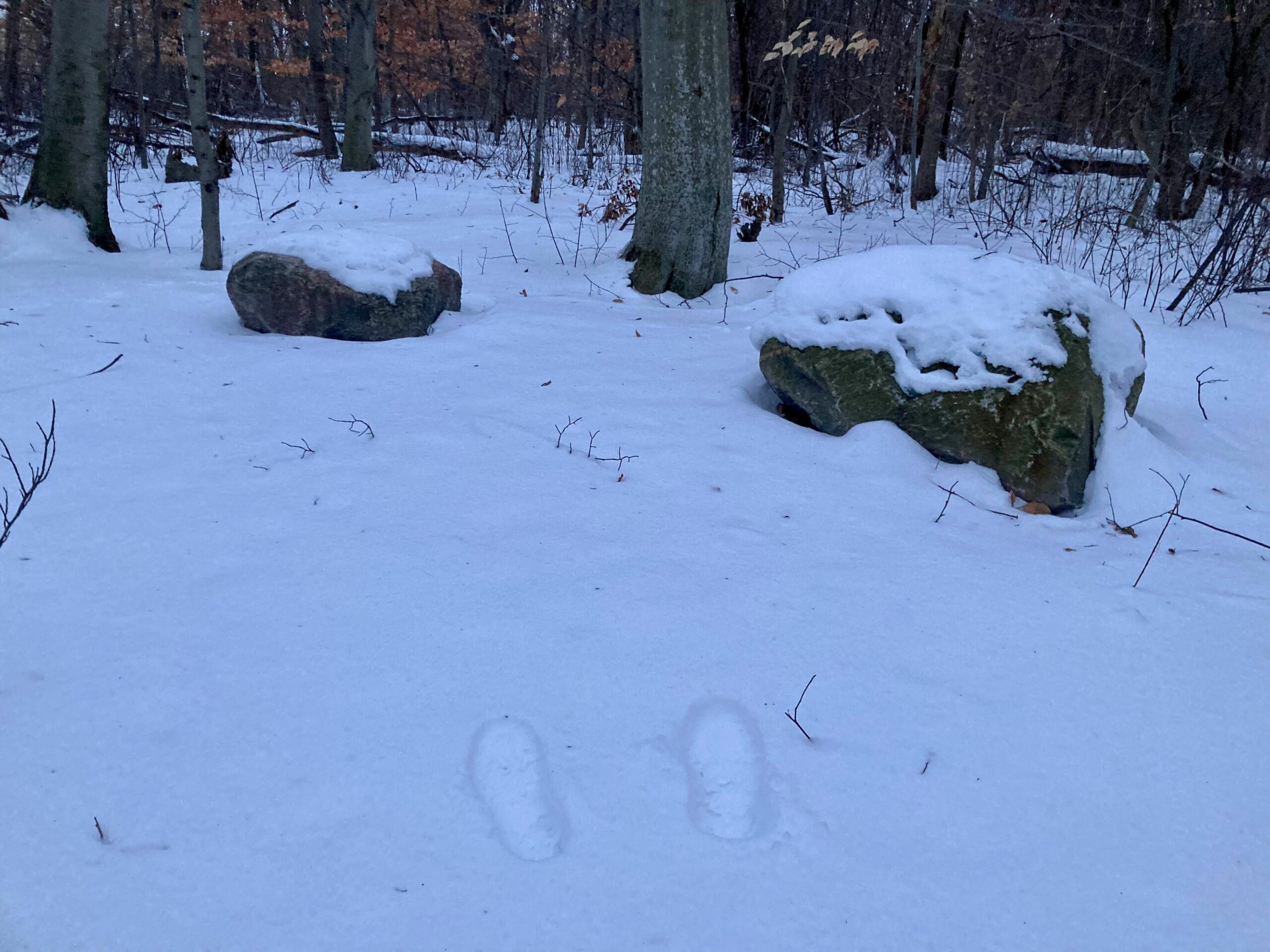

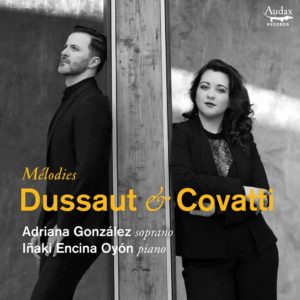 So what a treat it was, to come across the album
So what a treat it was, to come across the album 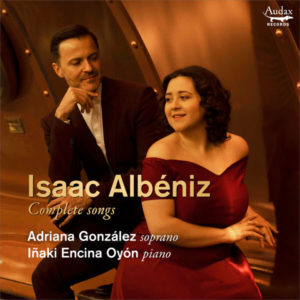 As I learned when we spoke recently, González, while highly aware of her powerful, affecting sound, is also aware of her desire to stretch, explore, and cultivate her talent creatively, with a firm hold of context at every step. We started off discussing what it was like to quickly step into the role of Liù for a performance of Turandot in Houston, as she was concurrently performing Juliette. Stress, what stress? González seems too focused a performer to let nerves ever get the best of her, and her recollection of the experience was coloured more by a mix off excitement, disbelief, and gratitude than any dregs of self-doubt. González is as much earthy as she is studious, and that intensity I referenced earlier is, as ever, always in the service of a knowing approach to craft. Such a combination of ingredients makes for a meal that satisfies toothsome ears, and for a very rewarding form of listening amidst post-pandemic times.
As I learned when we spoke recently, González, while highly aware of her powerful, affecting sound, is also aware of her desire to stretch, explore, and cultivate her talent creatively, with a firm hold of context at every step. We started off discussing what it was like to quickly step into the role of Liù for a performance of Turandot in Houston, as she was concurrently performing Juliette. Stress, what stress? González seems too focused a performer to let nerves ever get the best of her, and her recollection of the experience was coloured more by a mix off excitement, disbelief, and gratitude than any dregs of self-doubt. González is as much earthy as she is studious, and that intensity I referenced earlier is, as ever, always in the service of a knowing approach to craft. Such a combination of ingredients makes for a meal that satisfies toothsome ears, and for a very rewarding form of listening amidst post-pandemic times.